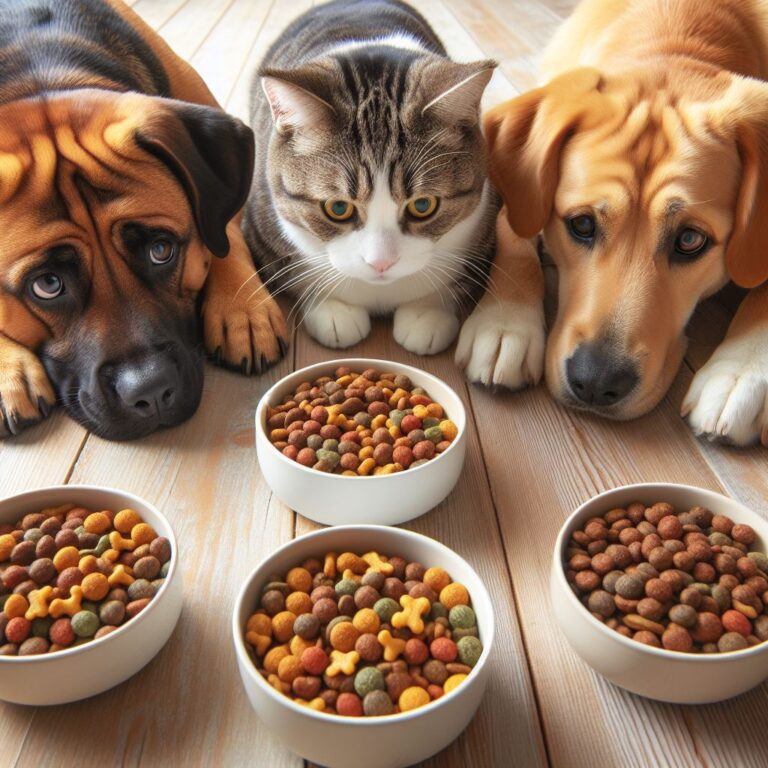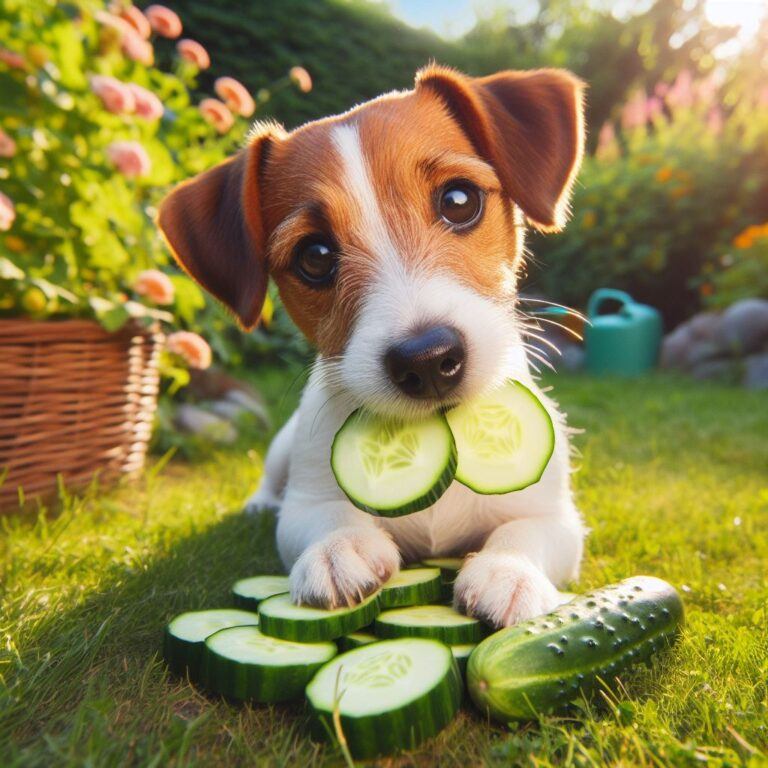Can Dogs Safely Eat Salmon
Yes, dogs can safely eat salmon but with consideration and moderation. Salmon has many health benefits for dogs, Firstly, it is packed with high-quality protein, essential for muscle development, repair, and overall growth in dogs of all ages. Additionally, salmon is high in omega-3 fatty acids, which play pivotal roles in promoting cardiovascular health, reducing…










